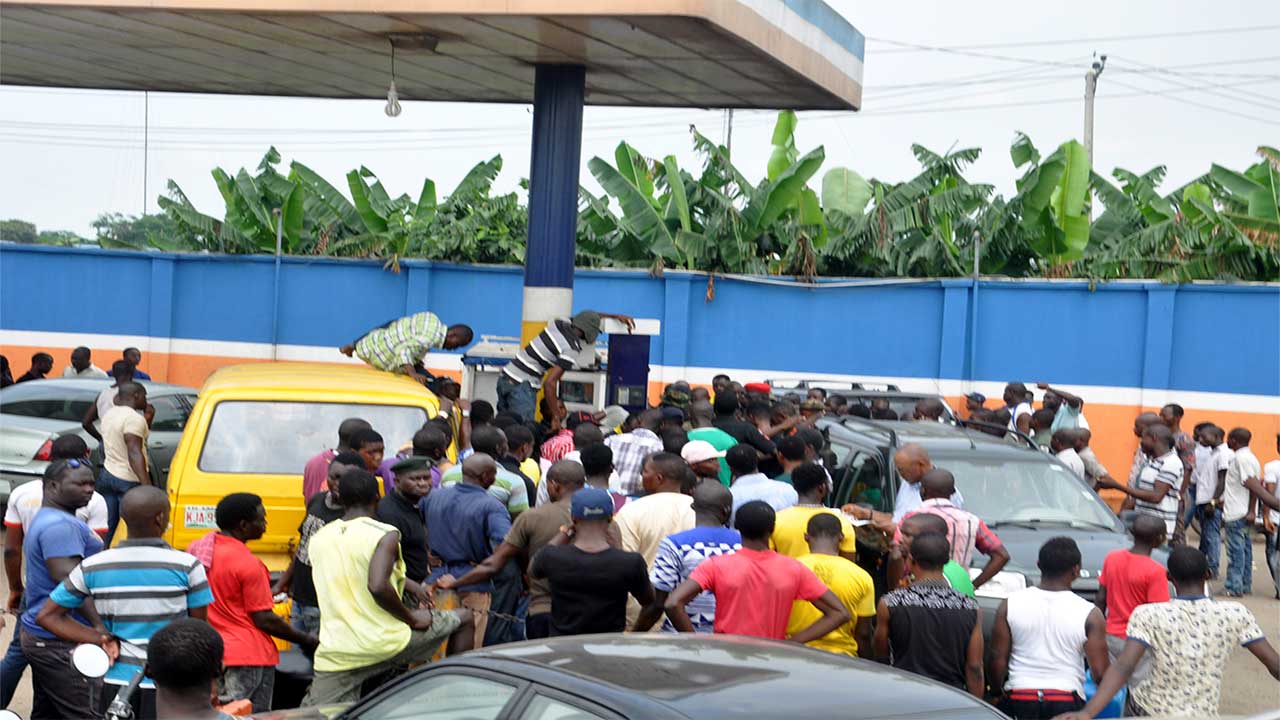Dangote Refinery Denies Selling Petrol Above ₦1,000/Litre
Dangote Refinery has refuted claims that it sells petrol at prices between ₦1,015 and ₦1,028 per litre, describing the reports as “fake news” on November 2. This response follows comments from some oil marketers suggesting that Dangote’s prices are significantly higher than those for imported fuel.
Members of the Independent Petroleum Marketers Association of Nigeria (IPMAN) indicated that petrol from the Dangote refinery exceeds ₦1,000 per litre, making imported petrol more appealing. IPMAN’s National Assistant Secretary, Yakubu Suleiman, pointed out that the landing cost for imported petrol is currently ₦978.01 per litre, which is lower than Dangote’s alleged prices.
READ ALSO: APC hails Ganduje over campaign council
Suleiman emphasized the need for marketers to prioritize lower prices to ensure profitability and consider the impact on consumers. His remarks highlight growing concerns about rising fuel prices and their effects on the public.
In a statement on its official X account, Dangote Group denied the allegations but did not provide details about its pricing strategy or factors influencing price changes. This controversy has sparked public concern about potential price hikes amid ongoing inflation and high energy costs.
Despite claims from some marketers that importing petrol is cheaper, industry insiders suggest that Dangote’s locally refined Premium Motor Spirit (PMS) is both less expensive and of higher quality than imports. While Suleiman reported Dangote’s price at ₦995 per litre, he expressed doubts about its affordability.
Energy experts, however, note that local production can lead to significant cost savings. Importing PMS involves high freight costs and additional fees from the Nigerian Ports Authority and NIMASA, while Dangote’s domestic operations avoid these expenses, making its fuel more affordable.
Sources assert that Dangote’s fuel meets global quality standards with lower sulphur content compared to typical imports, raising questions about NNPCL’s reliance on imports, which some believe is driven by profit motives at the expense of consumers. The NNPCL has not publicly addressed these quality issues, despite a preference for imported fuel over Dangote’s refined products.


[…] READ ALSO: Dangote Refinery Denies Selling Petrol Above ₦1,000/Litre […]